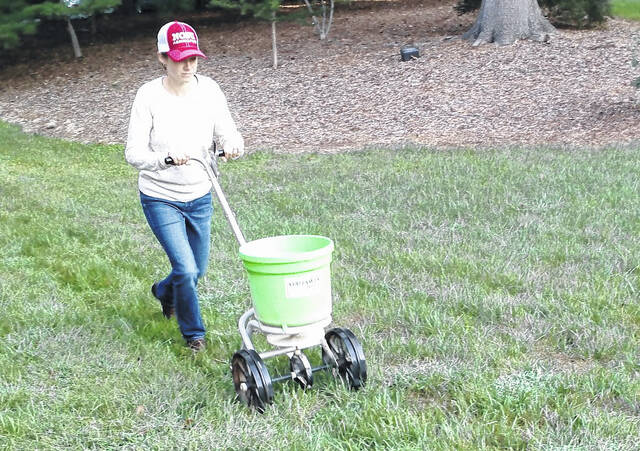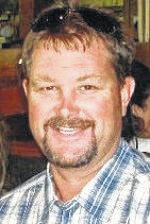Lawns in Sampson County are suited to warm season turf grasses such as Bermuda, Centipede, St. Augustine, and Zoysia grass species. These warm season grasses thrive in our hot and humid climate, but are stressed when they begin to transition into the dormant winter season. Factors that stress lawns are drought/flood, shorter days, cooler night time temps, and pests. This stress may not be visible until next season when your yard has delayed green-up, uneven growth, thin or bare spots, or dead patches. To help promote your lawn’s health now, and for next season, there are several things that you should and should not do this fall.
If you did not collect a soil sample this season, the fall is a great time to get this task done. Collect 15-20 soil cores from random areas in your lawn 4 inches deep. Mix all the sub samples together to create a composite sample that is representative of your lawn. Fill a soil sample box from your composite sample and complete the correct paperwork. Bring your soil samples to the Extension office for delivery to the NC State Soil Lab. Soil sample test kits are available at the Extension Office for free. Make sure to collect your sample before Thanksgiving to avoid having to pay peak season fees to the NCDA&CS.
Don’t fertilize your lawn with any nitrogen product until May of next year. Nitrogen encourages leaf growth that can be damaged by frost or early freezes. This damage can increase pest pressure and stunt your lawn next year. You can and should add Potassium to your lawns in the fall in the form of potash. Fertilize with 1 pound of potash per 1,000 square feet. One pound of potash can be applied by using 1.5 pounds of muriate of potash (0-0-60) is the easiest to find around here, 2.5 pounds of 0-0-41, 2 pounds of potassium sulfate (0-0-50), or 5 pounds of sul-po-mag (0-0-22) per 1,000 square feet. This potassium application will help prevent damage to warm season grasses from the stresses of winter and strengthen the root system of the lawn. If you have white grub issues, August and September is the optimal time to control them. Milky spore can be applied to the lawn as a biological control that is slow to start, but lasts up to 30 years. Quicker acting products include carbaryl, bifenthrin, and malathion. Fire ants should be managed by using the 2-step method of baits followed by mound drenches.
Weed control is an area where you can have great success. A preemergent application made after Labor Day, and another made near Thanksgiving can keep your yard free of winter annual weeds such as lawn burweed, chickweed, annual bluegrass, dandelions, cudweed, clovers, plantains, and henbit. Apply products with the active ingredients pendimethalin, benefin, trifluralin, prodiamine, or oryzalin. These products create a weed ‘barrier’ that will stop weeds from growing once they germinate. For existing weeds, you can apply products such as Speedzone, Speedzone southern, Celcius, or Imazaquin to all types of lawns.
For more information on fall lawn care, contact the Sampson County Extension Master Gardeners at 910-592-7161.
Brad Hardison is the director of the Sampson County Cooperative Extension and has served as an agricultural extension agent specializing in horticulture. Contact him by calling the Sampson County Extension Center at 910-592-7161 or by emailing [email protected].


